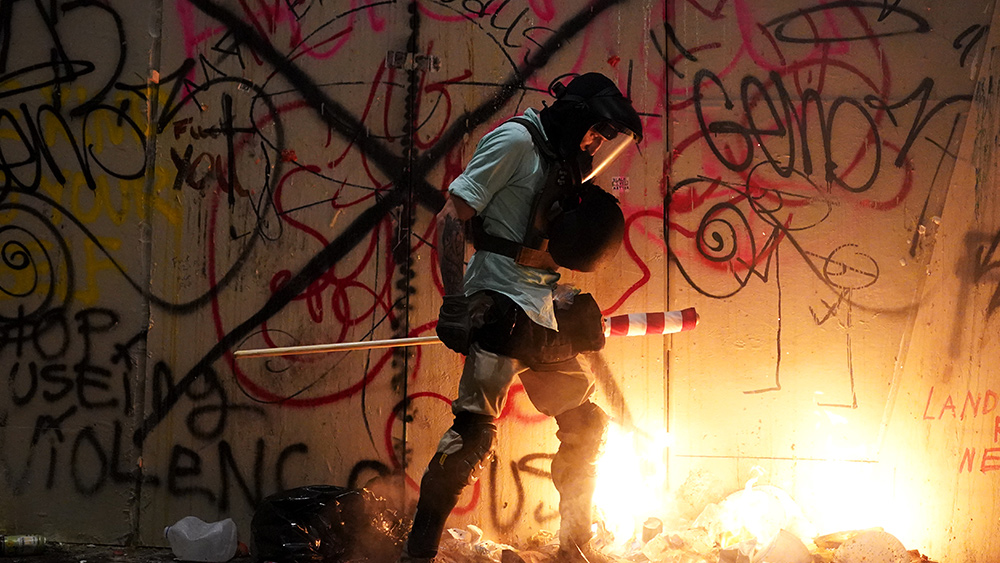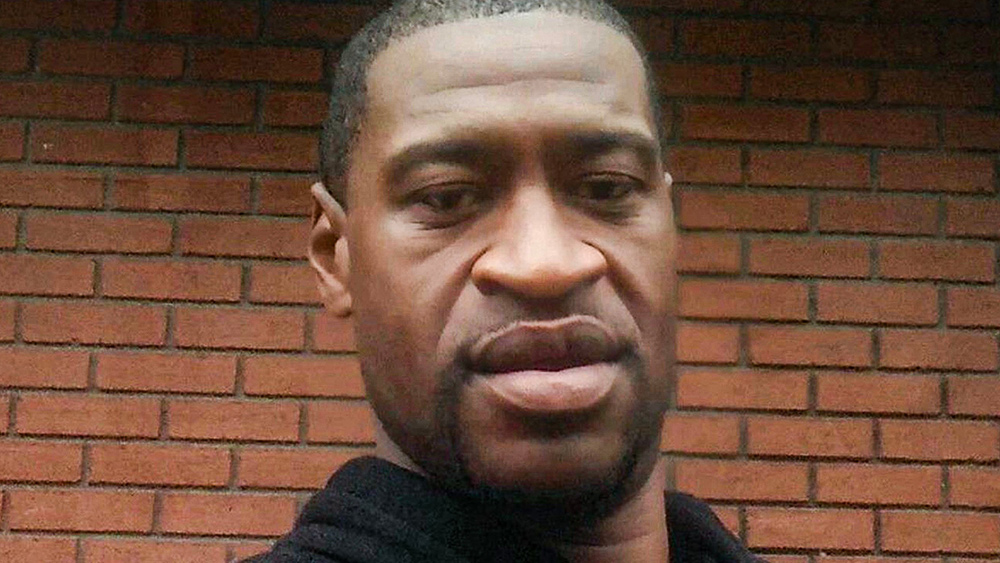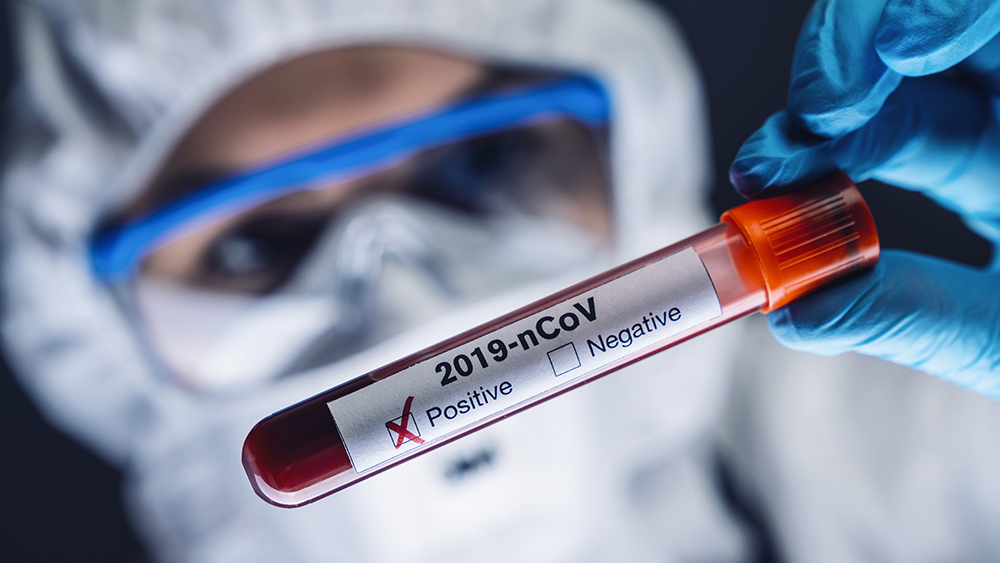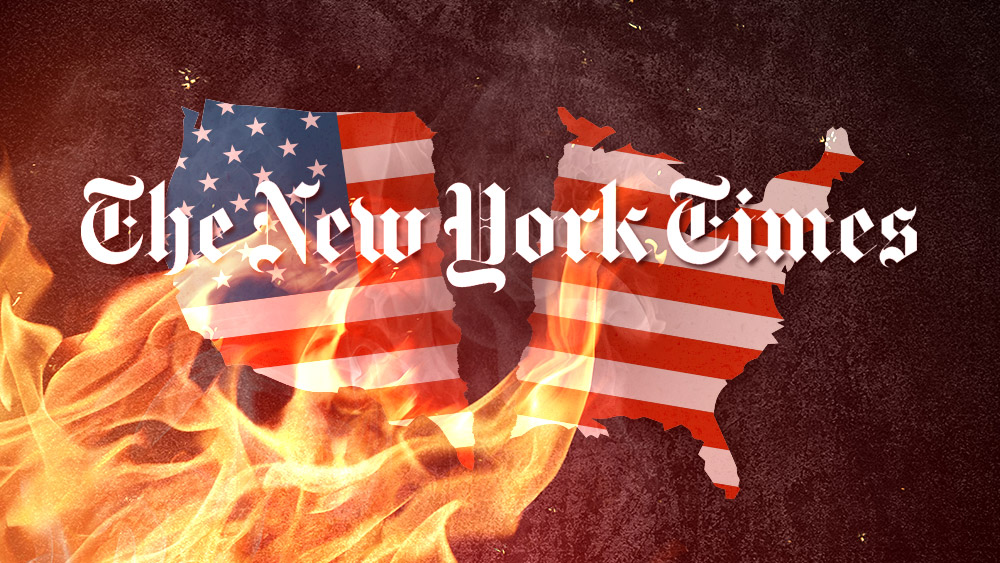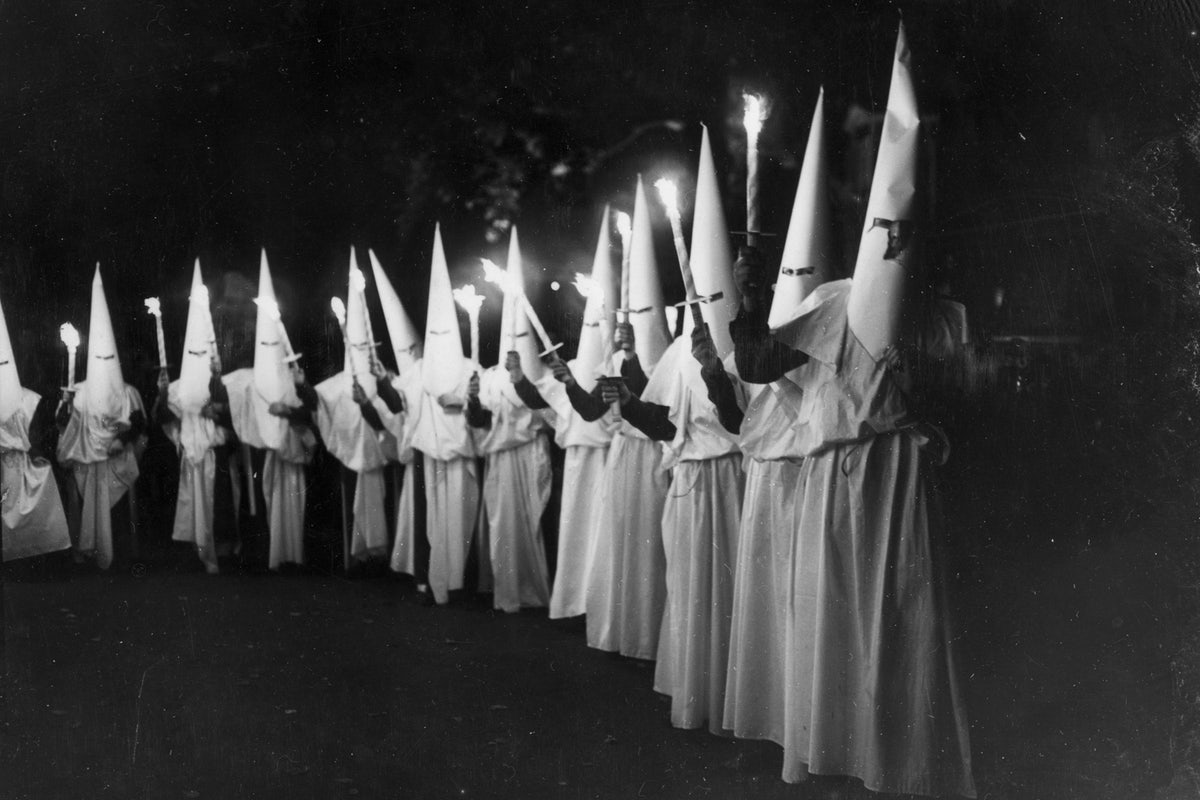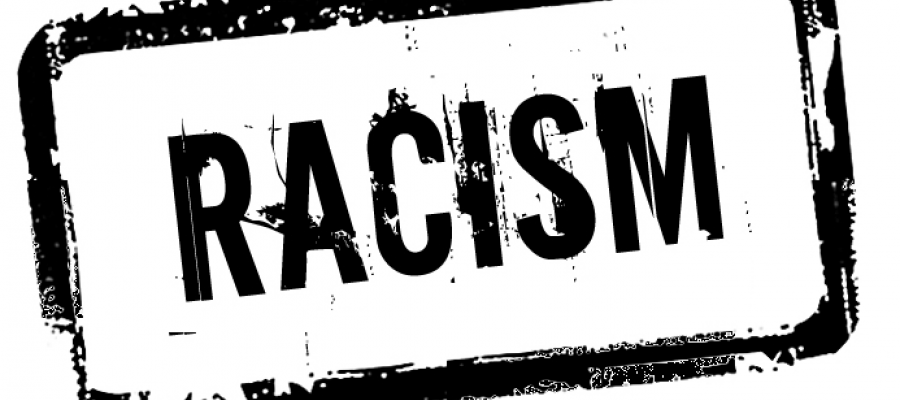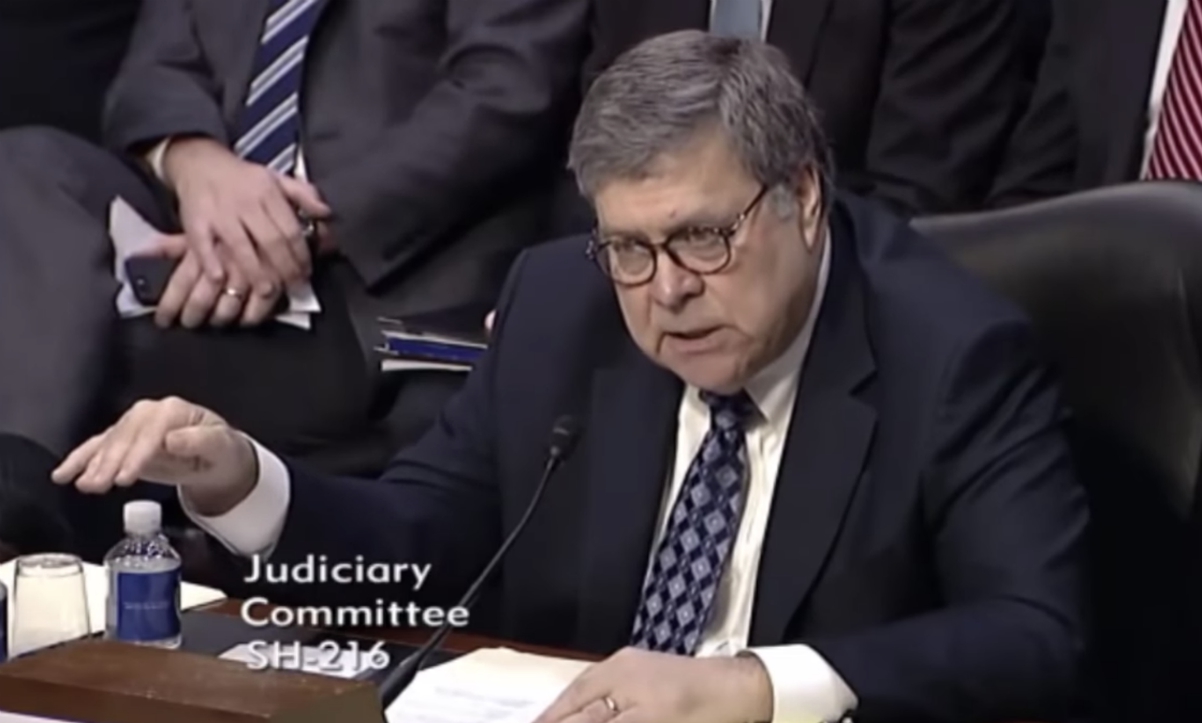Entire fashion industry complicit in forced labor of Uyghurs in China, rights groups say
07/26/2020 / By Franz Walker
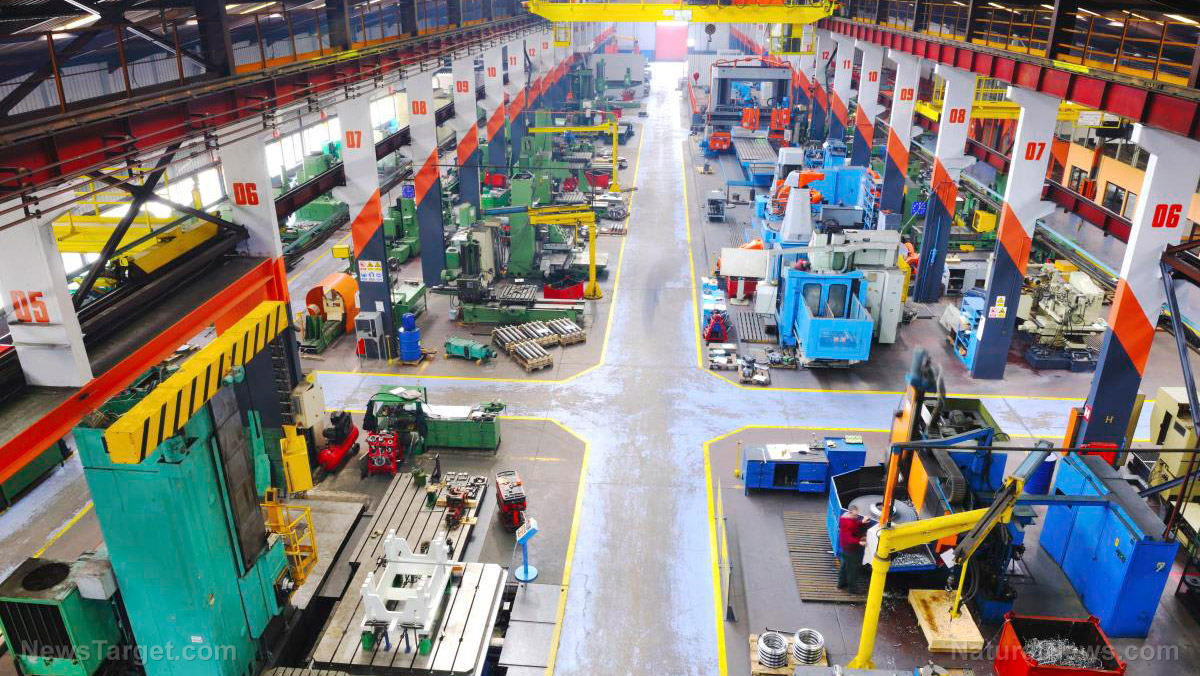
According to a coalition of over 180 human rights groups, many of the world’s biggest fashion brands and retailers are complicit in the forced labor and human rights violations perpetrated on millions of Uyghur people in China’s Xinjiang region.
The Chinese government has been accused of committing a wide range of atrocities against the Uyghur people. These include torture, forced separation and even forced sterilization of Uyghur women.
Despite these atrocities, however, the Coalition to End Forced Labor in the Uyghur Region says that many of the world’s leading clothing brands continue to source cotton and yarn produced through a state-sponsored system of forced labor in the region. With up to 1.8 million Uyghurs, as well as other Turkic and Muslim people, living in prison camps, farms and factories across Xinjiang, this system is the largest forced labor system since World War II, according to the coalition.
Brands continue to source from Xinjiang
China is the largest cotton producer in the world, and 84 percent of its cotton comes from the Xinjiang region. Cotton and yarn from the region are also used extensively in other key garment-producing countries such as Vietnam, Cambodia and Bangladesh. In addition, factories in the region also supply face masks and other personal protective equipment to countries around the globe.
According to the coalition, global fashion brands source so extensively from Xinjiang that it’s “virtually certain” that as many as one in five cotton products on retail stores around the globe are tainted by the forced labor and human rights violations in the region.
“Virtually the entire [global] apparels industry is tainted by forced Uyghur and Turkic Muslim labor,” said the coalition in a statement issued today.
The coalition also released an extensive list of brands that it claims continue to source cotton and yarn from the region, or from factories connected to the Uyghur forced labor. These include Gap, Adidas, Calvin Klein and Tommy Hilfiger.
In addition, the coalition said that many more leading clothing brands have continued to maintain lucrative strategic partnerships with Chinese companies, even accepting subsidies from Beijing to expand textile production in the region.
“There is a high likelihood that every high street and luxury brand runs the risk of being linked to what is happening to the Uyghur people,” said Chloe Cranston, business and human rights manager at Anti-Slavery International.
As part of their call to action, the coalition says that the global clothing and apparel industry must, within a year, remove all products and materials linked to forced labor in the Xinjiang region.
That said, at least one of the signatories of the call to action has conceded that brands have no credible way of proving that their supply chains are free of forced labor from the region.
“Forced laborers in the Uyghur region face vicious retaliation if they tell the truth about their circumstances,” explained Scott Nova, executive director of the Workers Rights Consortium. “This makes due diligence through labor inspections impossible and virtually guarantees that any brand sourcing from the Uyghur region is using forced labor.”
“An apparel brand that claims to know, with confidence, that all the farms and factories it uses in the region are free of forced labor is either deeply cynical or misinformed,” he added.
Previous calls have resulted in some action, but more is needed
The coalition’s petition is just the latest to call for companies to halt sales of products linked to forced labor from Xinjiang.
This past April, a group of human rights lawyers calling themselves the Global Legal Action Network (GLAN) provided evidence to Her Majesty’s Revenue and Customs (HMRC) – the U.K.’s tax collection agency – that brands including H&M and Ikea were selling products in the U.K. that contained cotton and yarn from Xinjiang. GLAN argued that the sales of products linked to forced labor in Xinjiang breached several U.K. laws and should, therefore, be halted. (Related: There is a holocaust taking place in China right now and the world is silent, including the NBA.)
Responding to the accusations, H&M and Ikea stated that they would stop buying cotton from Xinjiang.
Now, in response to the latest call to action, more companies are responding, claiming to either not source goods from the region, or saying that they will stop doing so.
In a statement, Calvin Klein and Tommy Hilfiger owner PVH Corporation said that it did not source garments from Xinjiang. It also claimed that it would cease all business relationships with any factories and mills that use cotton grown in the region within the next 12 months.
Adidas has also claimed that it does not source goods from Xinjiang, while also saying that it has instructed suppliers to avoid sourcing yarn from the region.
Coalition members, however, say that these and other moves like them are not sufficient and that a complete overhaul of the industry’s links to Xinjiang needs to be undertaken.
“This isn’t just about direct supply chain links, it’s about how the global apparels sector is helping prop up and facilitate the system of human rights abuses and forced labor,” says Cranston. “There needs to be a deep and thorough interrogation of how brands and retailers are linked to what is happening at scale to the Uyghur people.”
Learn more about the human rights abuses China inflicts on its citizens at Tyranny.news.
Sources include:
Tagged Under: brands, China, clothing, clothing industry, enslaved, fashion, fashion industry, forced labor, outrage, slave labor, slavery, Twisted, Tyranny, Uighur, Uyghur
RECENT NEWS & ARTICLES
COPYRIGHT © 2017 REAL INVESTIGATIONS NEWS

